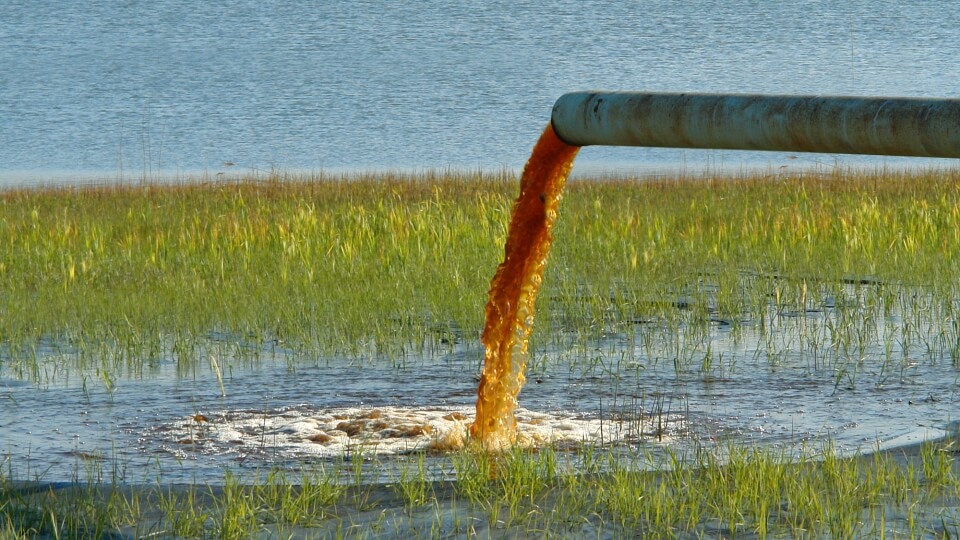Our Legacy of Victory
Clean Wisconsin v. Dept. of Natural Resources
In 2021, after years of court battles, the Wisconsin Supreme Court handed down two major victories on the same day in the fight to protect Wisconsin’s water. The Court ruled in two separate cases, each named Clean Wisconsin v. Department of Natural Resources (DNR), that the DNR must exercise its authority to protect Wisconsin’s water resources.
Protecting drinking water from manure pollution
This case began in 2012, when the DNR issued a water pollutant discharge permit to Kinnard Farms, an 8000-animal dairy operation in Kewaunee County. When large farms like Kinnard spread manure, nitrates and pathogens often run off fields and can end up in drinking water wells, causing risk of serious health impacts. The federal Clean Water Act requires these farms to get permits to spread the vast quantities manure they produce, and state law requires DNR to place conditions in those permits to ensure farms meet water quality standards.
Clean Wisconsin took legal action against the DNR, arguing the agency should have required offsite groundwater monitoring and imposed an animal unit limit as conditions of the permit to protect nearby drinking water resources.
Following a contested case hearing at which residents and experts provided extensive evidence of the widespread groundwater contamination in the area, an administrative law judge (ALJ) ordered the DNR to add the conditions to Kinnard Farms’ permit, describing the situation as a “crisis” and the DNR’s failure to issue stronger permits a “massive regulatory failure.” The agency initially said it would add the conditions, but then changed its position without meaningful explanation and refused to follow the ALJ’s orders. The DNR said it now agreed with the farm, claiming it did not have the authority to require large animal operations to conduct offsite groundwater monitoring or limit the number of animals. This new position was based on a strained interpretation of a state law known as Act 21, which describes DNR’s permitting authority.
It was at this point that Clean Wisconsin and our co-litigant Midwest Environmental Advocates (MEA) took the DNR to circuit court, seeking to enforce the ALJ’s ruling and require the agency to place the two conditions in the permit. The circuit court judge ruled in our favor, agreeing with the ALJ that the conditions were necessary and chastising DNR for abandoning its initial position without justification. The circuit court also rejected the argument that Act 21 barred inclusion of the two conditions. The case was then appealed to the Court of Appeals, which certified the case for direct appeal to the Wisconsin Supreme Court.
While these appeals were playing out, and following the 2018 elections, DNR returned to its initial, position, again agreeing with Clean Wisconsin that it possesses the authority to include the two conditions. Around the same time, the Legislature sought to intervene in the case, relying on a new law passed during the lame duck session at the end of Governor Walker’s final term that sought to impair incoming Attorney General Josh Kaul’s ability to represent state agencies in court, as every attorney general before him had done without controversy.
While Clean Wisconsin argued that the Legislature’s motion to intervene violated the state constitution, the Court nonetheless granted the motion, but without explaining why intervention was lawful or appropriate. The Legislature then hired private attorneys using taxpayer money to argue against Clean Wisconsin and DNR, and in favor of corporate interests who saw an opportunity to roll back Wisconsin’s environmental standards.
Supreme Court Decision
The case eventually went to the Wisconsin Supreme Court, where the justices affirmed the DNR’s authority to regulate pollution from large animal operations despite efforts by special interest groups to prevent the DNR from holding polluters accountable.
Why It Matters
The decision marked a huge victory for the environment and was also a major defeat for a decade-long attempt by powerful corporate interests and their allies in the Legislature to advance a radical interpretation of state law aimed at preventing state agencies from protecting public health and the environment. Clean Wisconsin not only safeguarded Wisconsin’s waters, it also prevented future erosion of environmental standards.
